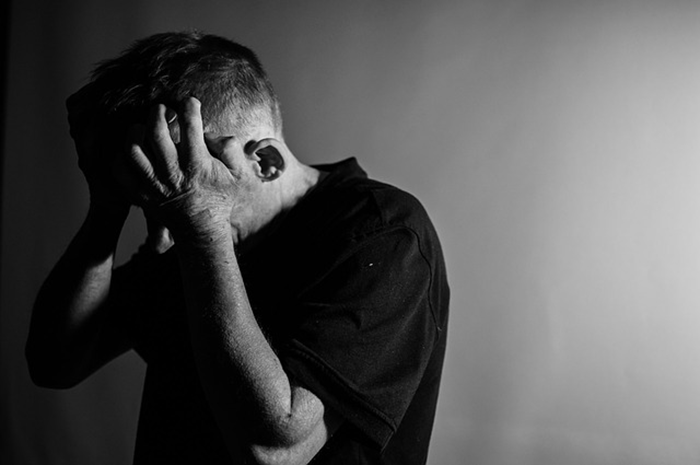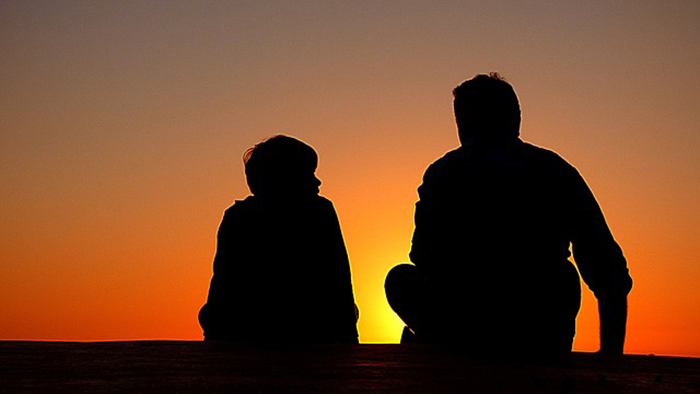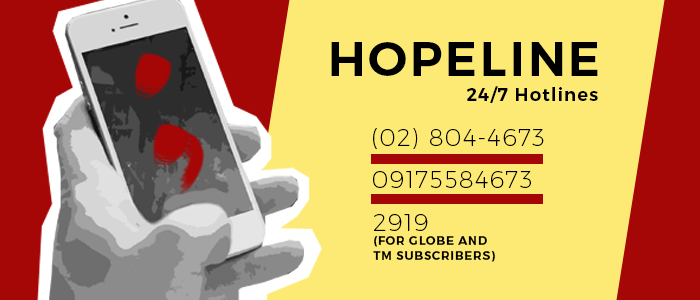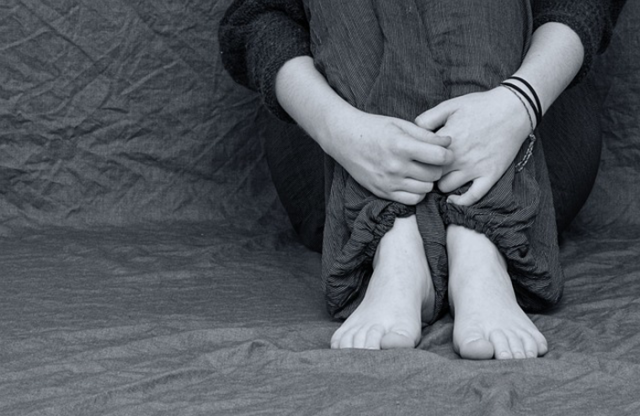Suicide adversely affects everyone around the person who has committed it and they, in turn, might also begin to suffer from depression.
Facebook page “Lagataw” recently wrote a post about Nixon, a hiker who apparently took his own life. The post’s author said he is sharing his experience with the aim of spreading awareness on depression and suicide.
The post and its accompanying photo, described as the last photo taken of the victim, has made the rounds on social media.
In the comments section, the page administrator wrote that the “denial” and “bargaining” stages of grief are the most challenging phases to go through in coping with the situation.
The post’s author also admitted to feeling “mild depression” following his friend’s death and said he privately messages acquaintances as a way to distract himself.
Suicide and depression at a glance
According to World Health Organization, around 800,000 people commit suicide annually.
In 2017, it was discovered that it is the second leading cause of death among 15 to 29-year-olds.
Meanwhile, depression is one of the most common and well-known mental disorders that, if left undiagnosed and unmonitored, could lead to grave consequences.
WHO revealed that more than 300 million people in the world suffer from depression while the Philippines has only started to gain awareness in recent years.
In 2017 the Department of Health participated in the World Health Day in the hopes to end the stigma of depression.
How suicide affects those left behind
Deborah Serani, a psychologist and psychoanalyst who specializes in depression, said that people whose friends or loved ones have committed suicide are usually overwhelmed with guilt.
She wrote in Psychology Today, “Family and friends are prone to feeling significant bewilderment about the suicide: Why did this happen? How did I not see this coming?”
“Overwhelming guilt about what they should have done more of or less of—become daily, haunting thoughts. Survivors of suicide loss often feel self-blame as if somehow they were responsible for their loved one’s suicide,” she said.

Serani added that such questions would plague a person for a very long time and they might ask themselves things like “Maybe he wasn’t really happy in this picture? Why didn’t I see her emotional pain when we were on vacation?”
The psychologist added it might become “agonizing” for the individual to recall memories or share stories that involve the suicide victim and that the individual would also become prone to depression and post-traumatic stress disorder.
Coping with the loss
Serani shared that an individual can join support groups and make connections with people to help him cope.
He must also accustom himself into thinking that he is not responsible for the person’s passing away. In addition, the individual must fully accept his feeling of grief and not force himself to hold it in.

She wrote, “Grieve in your own way, on your own time frame. It will take time to find a place for your sadness and loss.”
The DOH has launched a suicide prevention hotline called Hopeline where people can seek help if they are having suicidal thoughts. It is supposed to be operational round-the-clock.

The hotline is (02) 804-4673 or 0917-5584673 or at 2919 for Globe and TM subscribers. — Infographic by Uela Badayos










